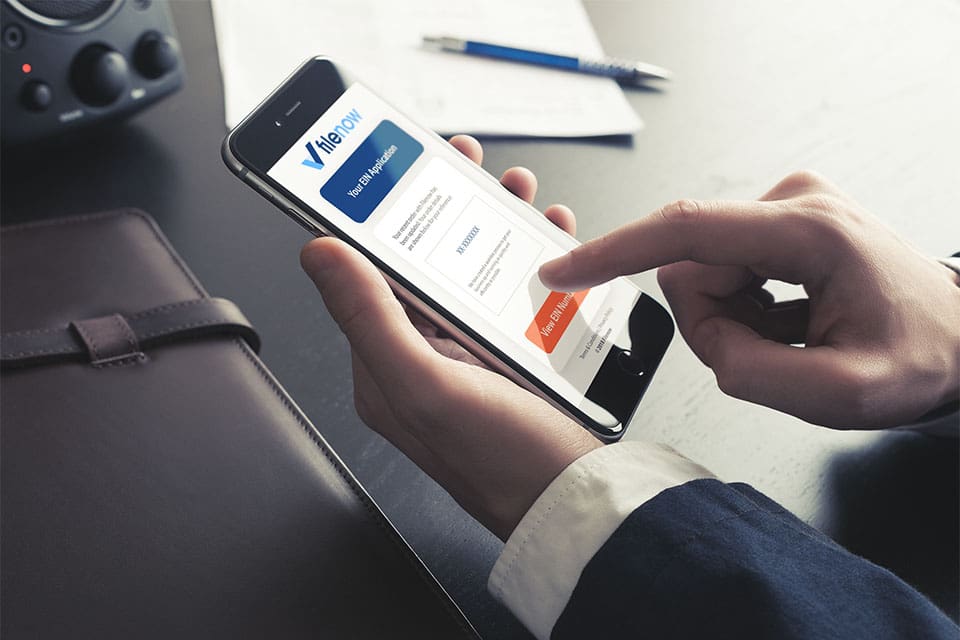When you incorporate your company, becoming a C corp, S corp, or LLC, you establish a degree of separation between yourself and the business – if someone wants to sue your company, your own personal assets are protected—one of the most important steps you need to take, in order to make your company a separate entity, is to apply for a Federal Tax ID Number or Employer Identification Number (EIN)—here’s what you need to know…
What Is an Employer Identification Number?
An EIN is a nine-digit number, unique to your company, that identifies it to the IRS for tax purposes. It is the equivalent of an individual’s social security number. This number will never expire, nor will it ever be issued to another company even if yours goes out of business. The IRS expresses EINs as XX-XXXXXXX, with the first two digits representing the IRS campus from which it was issued. The format readily distinguishes an EIN from an individual’s social security number. Unlike social security numbers, however, the EIN is not considered sensitive information.

Created by the IRS in 1974, businesses can use the EIN to open business accounts, establish credit, and in some cases, apply for licenses you need to operate the company. A business must be in the United States and have a valid taxpayer identification number before it can receive an EIN.
Who Needs an EIN?
Although you don’t need to have employees to apply for an EIN, any company that has employees must have one; so must general partnerships or any company that is incorporated or established as a separate legal entity. Self-employed individuals who act as subcontractors may need an EIN so that the contractor can report all business income paid to the subcontractor when they file their income taxes.

Sole proprietorships or single-member LLCs may continue to use their social security number as their taxpayer identification number, however, if the LLC intends to hire employees within that tax year, you should apply for an EIN.
There are two main reasons to get an EIN:
-
Federal Tax Purposes:
Anytime you withhold taxes on income, other than wages, you are required to have an EIN. The IRS also requires an EIN, if your business has: a Keogh plan, is a non-profit or cooperative, has plan administrators, or is involved with most kinds of trusts. The IRS website lets businesses know whether they need an EIN, or not, with a simple checklist
-
Credibility:
The EIN establishes your business as a separate identity. Once that is done, you can apply for business loans and begin to develop a business credit score, which will expand your opportunity to attract financing in the future.
When Does a Company Use an EIN?
The main purpose of an EIN is for tax filing. You will need to enter your EIN on certain tax forms, when you file your business tax returns, when you complete W-9 forms for clients, and when you complete any form that is related to payroll. Although a sole proprietor or single-member LLC can open a business bank account by using their social security number, most banks and credit unions prefer companies to have an EIN in order to establish credit.
How Do You Apply for an EIN?

Let Filenow simplify your Federal Tax ID/EIN obtainment—when you use our quick and easy application process to file for a Federal Tax ID, we file IRS Form SS-4 electronically, on your behalf—you will receive your EIN, ready for use, via e-mail within one business day.



